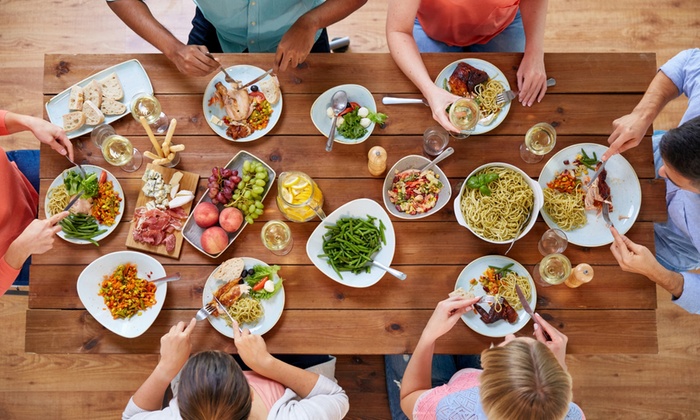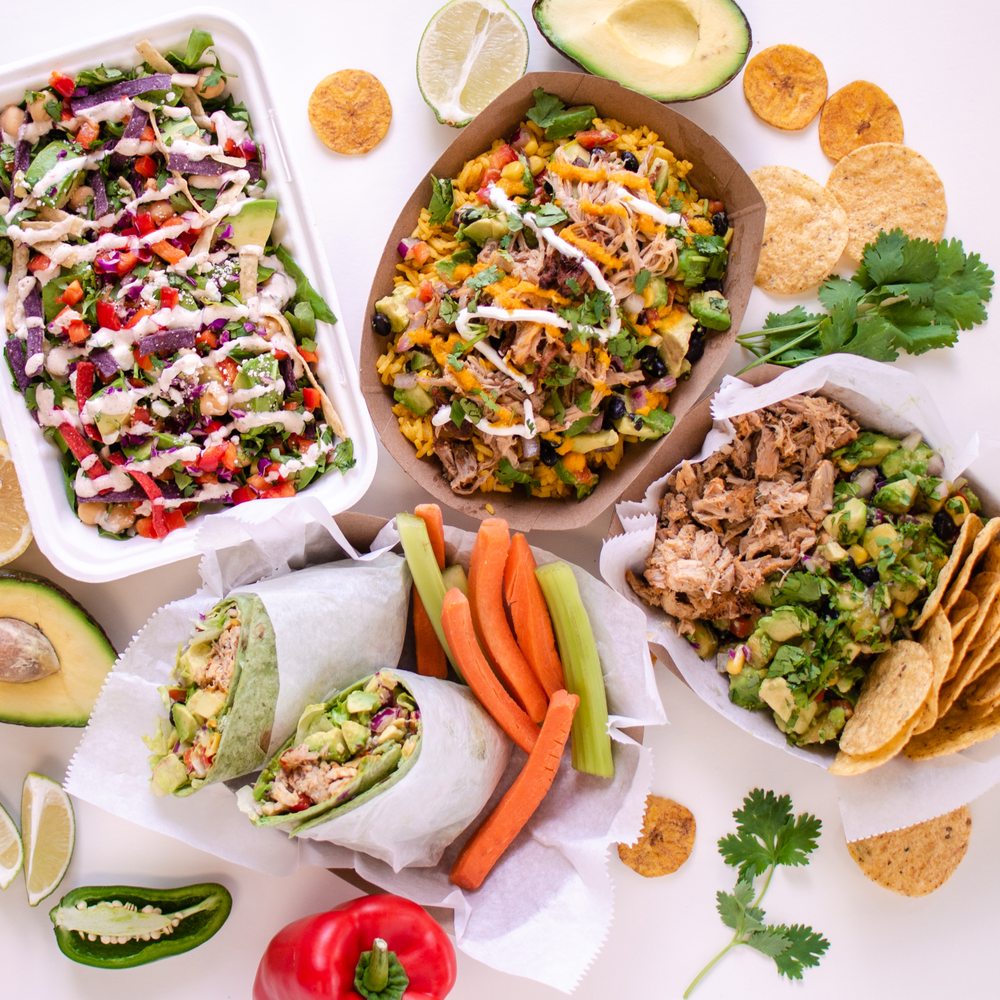Test Out Your Food Prejudices!
Have you got food prejudices?
Should you consider it, everyone has foods we believe or feel negatively about, and wouldn’t get your meals at all, or only unwillingly. What’s frequently behind this type of food prejudice?
1. Childhood Food Trauma
Frequently, an adverse response to a kind of food may originate from uncomfortable childhood encounters with individuals food products. For instance, lots of people come with an aversion to vegetable types for example green spinach, broccoli or pumpkin, possibly as their parents built them into eat considerable amounts of these, or built them into eat them against their will.
Furthermore, a food or perhaps a dish might be connected having a specific traumatic or painful event for example choking growing up, or it might have been offered when something negative or painful happened.
In parts around the globe where food shortage is typical, people may develop a strong dislike to foods they have been made to eat frequently because of insufficient affordable alternatives.
2. Negative Associations
Sometimes, food prejudices may originate from negative visual, semantic, historic, social, personal or any other associations mounted on a food or perhaps a dish. For instance, many people who didn’t develop close to the ocean find it hard to eat shrimp, prawns along with other delicacies simply because they may visually help remind them of unsavoury creatures for example caterpillars.
Sometimes, food products will also be connected having a social or historic stigma. In lots of places, for example, you will find foods that have been known as ‘poor peoples’ food’. Only later did such foods – including pizza and dumplings – climb using this designation in to the league of favourite foods around the globe.
3. Insufficient Familiarity
We frequently react negatively to foods whose acquaintance we’ve not yet made, or whose acquaintance we made late in existence. Frequently, they don’t fit in with our circle of comfort foods, that we’ve created a strong positive emotional bond.
For instance, lots of people who reside in Europe or America many be unable to enjoy cooked blueberry the very first time they struggle it, just like many Africans may require time before adopting radish, black bread or kinds of cheese.
Besides, we might believe that our taste circuitry has already been wired for existence. We might be reluctant to destroy or modify this pattern of tastes.
4. Social Prejudice
Probably the most disturbing type of food prejudice is when it’s rooted inside a prejudice perfectly into a specific group. How frequently we hear phrases for example ‘these individuals are like every part simply because they eat this and that’.
There are lots of individuals who extend their negative look at an ethnic group or any other social group towards the foods these peoples cherish as delicacies, for example snails, frog legs, sheep, sheep’s mind, locusts, cassava leaf, dog meat, insects, caterpillars, in addition to ways of eating, for example eating using the fingers.
Obviously, selecting to eat particular food products or otherwise is really a purely personal choice. It is just unfortunate when our food prejudices betray a far more harmful prejudice towards other people, other cultures, or any other methods for existence.
This is a short exercise to check the food prejudices:
1. Create a list of all of the foods you plainly hate, dislike, or eat only unwillingly.
2. For every food or dish, write a sentence by what one thinks of whenever you consider, smell or begin to see the dish or food.
3. Decide whether it’s as a result of childhood food trauma, negative social, visual or historic associations, or if the meals prejudice relates to other, much deeper prejudices. Or you might have one more reason not discussed here.
4. Write lower one sentence about what you believe is needed to alter the meals prejudice, and whether this task reaches all necessary.




